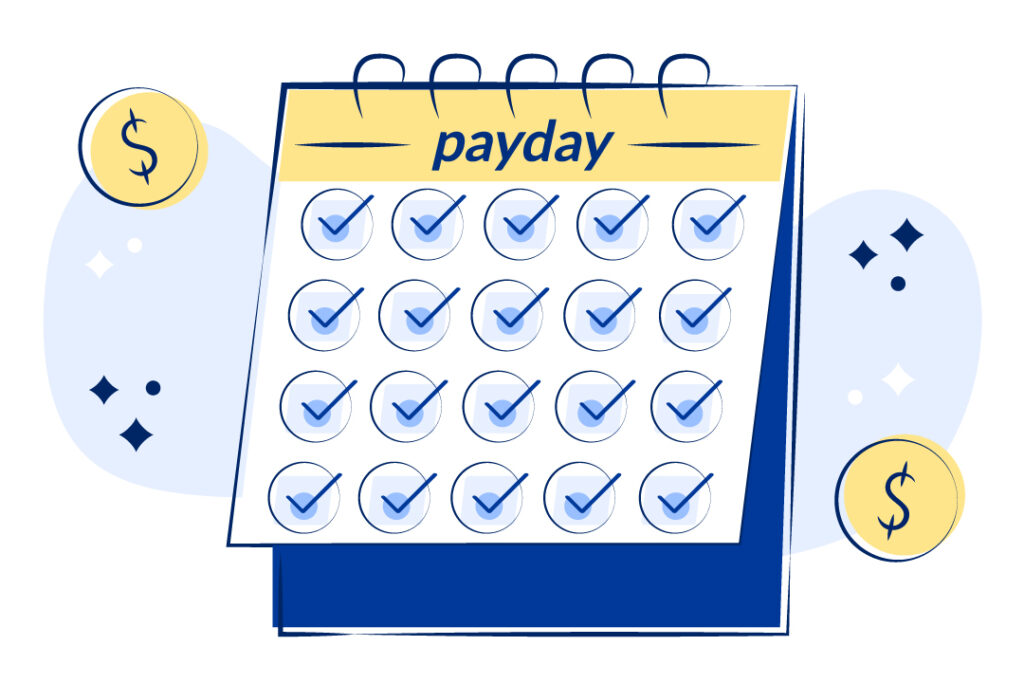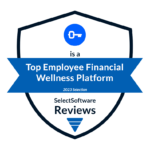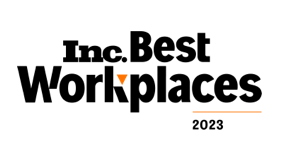Key takeways
|
Industry insiders are predicting the demise of the most common form of short-term savings used by American workers. And it’s not what you think.
What is this endangered form of saving? The money that employees are saving via their employer every time they must wait to be paid. Think of it as a virtual savings account you maintain for your employee that she draws each payday.
Employers need to understand this quiet but seismic shift and start making plans to address new dangers now—before unintended consequences leave employees trading old problems for new ones that could be even worse.
Daily pay is already common and hiding in plain sight
You’d be forgiven for not knowing that daily payroll is already here. The U.S. Bureau of Labor Statistics are THE national experts, yet in their tracking, daily pay isn’t even on their list of surveyed pay frequencies.
That’s because today, daily pay for employees is primarily hiding as a layer on top of the paycheck. It is coming from employers in the form of what is called “early wage access,” which resembles a loan against your next paycheck — but (ideally) at far better rates than a payday loan or, at best, free of charge. When implemented without caps or fees, early wage access creates much the same result as running payroll each day for the employees who opt in.
Make no mistake, this trend will likely accelerate, whether it takes the form of widespread early wage access, or formal daily pay. Prominent payroll companies are already calling daily pay the future. Public attitudes are also shifting. A recent study found about 80% of Millennial and Gen X employees say they want to be paid right away when they earn their money.
Change threatens to bring unintended consequences
Don’t find yourself regretting later that you didn’t prepare for a trend that we can reasonably predict will happen: in the scenario of widespread daily pay, employees will have a much greater need for payroll-based emergency savings.
Why? Because while daily pay solves some important problems, it also creates new ones:
1. It increases the frequency of periods when employees have balances close to $0
This means employees are less likely to be able to weather financial shocks throughout the month. Think of it this way: When you’re paid a larger lump sum if a shock happens relatively soon after payday, you can absorb the shock and have time to make adjustments in your spending until the next payday.
2. It increases the urgency of saving
Any bill or purchase that is larger than one day’s pay is now something the employee needs to save up for. And we know from years of research in household finance that building and maintaining savings is hard for frontline workers.
Academic research on this trend is still in the early innings. But recent work by academics Filipe Correia and Brian Baugh looking at more than 150,000 workers showed concerning results indicating that higher pay frequency has mixed effects: less borrowing (what daily pay boosters predict)—but more frequent periods of financial distress.
Employers must head off dangers by rapidly embracing payroll savings as an antidote to sludge
Employers are the single most powerful agent in a frontline worker’s life when it comes to short-term savings, outside of Congress. Why?
Payroll control. With not much effort, you can do one of the most important things to nudge healthy behaviors, according to Nobel Prize winning-economist Richard Thaler: “Make it easy!” In their landmark book Nudge, Professors Thaler and Cass Sunstein argue that frictions and headaches get in the way of making smart choices easy, which they label “sludge.”
Saving up for small financial shocks or a relatively large monthly bill used to be sludge-free. Now if employers don’t act to change things, there’s potentially a bunch of sludge in the way: An employee has to proactively shop for and enroll in a savings account, and create manual or recurring transfers to that account. That doesn’t even count the new time-consuming and anxiety-inducing decisions about the amount to save.
But as an employer, you can make it simple for employees to save for very short-term expenses, via recurring payroll deductions.
Brightside makes that easy to implement for our customers and has generated positive results. Last year, nearly half of the employees who engaged with Brightside — mostly frontline workers — began saving through their paychecks. Our proven model embeds savings in holistic Financial Care that drives higher retention.
The future is already here. It’s just not evenly distributed yet. Employers of stressed workers who haven’t gone to daily pay or early wage access will begin to fall like dominos. Make sure as you enter this new era, you have a sludge-free way for employees to save so they can have the best of both worlds: fast pay AND effortless savings.
Click here to learn more about how Brightside can help your employees improve their financial health with Financial Care.
Written by Sophie Raseman, Head of Financial Solutions at Brightside





